Introduction
Pontifical University of Salamanca is a private Catholic university located in Salamanca, Spain. Its history can be traced back to the University of Salamanca, which was established in 1218. In 1940, Pope Pius XII decided to establish this Pontifical University on the basis of the Faculty of Theology and Canon Law of the University of Salamanca.
Overview
Student size: 6,520 students.
Campus distribution: The main campus is located in Salamanca, Castile and León, Spain, with a specific address of 40°57′47″N 5°40′01″W.
History and establishment time
In 1218, King Alfonso IX of the Kingdom of León ordered the establishment of the University of Salamanca.
In 1854, the Kingdom of Spain decided to dissolve the Faculty of Theology and Canon Law of the University of Salamanca. In 1940, the University of Salamanca was renamed the University of Salamanca. In 1945, Pope Pius XII established the Pontifical University of Salamanca on this basis, and other colleges and disciplines were added in the following decades.
School Strength
Discipline: Provides a wide range of undergraduate, master's and doctoral degree programs, covering theology, philosophy, law, medicine, psychology, sociology, education, computer science, engineering and other disciplines.
Teaching mode: Focus on the combination of theory and practice, adopt a variety of teaching methods such as small class teaching, seminars, internships, etc., to cultivate students' critical thinking and practical ability.
Faculty: Has a team of highly qualified teachers, including many experts and scholars with rich teaching and research experience in their respective fields, who provide students with high-quality teaching and guidance.
International Cooperation: Actively carry out international exchanges and cooperation, and establish cooperative relations with many universities and research institutions around the world, providing students with rich international exchanges and learning opportunities, such as student exchange, joint training, academic visits, etc.
Institutional Nature
Private Roman Catholic University.
Educational Philosophy
Adhering to the Catholic education tradition, focusing on cultivating students' faith, morality and humanistic qualities, and emphasizing the integration of knowledge and faith.
We are committed to cultivating professionals with solid professional knowledge, innovative spirit and social responsibility, and to contribute to the development of society and the church.
Key laboratories and disciplines
Key laboratories: No clear key laboratories have been found yet, but the school has cooperation with churches, research institutions and enterprises to provide students with practical and research opportunities.
Key disciplines: Theology, philosophy, law, education and other disciplines are the traditional advantageous disciplines of the school, and it also has a high academic level and teaching quality in the humanities and social sciences such as Spanish language and literature, history, and psychology.
Faculty
There are several faculties including the Department of Theology, Department of Philosophy, Department of Law, Department of Medicine, Department of Psychology, Department of Sociology, Department of Education, Department of Computer Science, and Department of Engineering.
Ranking
2023 QS World University Rankings: 601-650.
2023 Times Higher Education World University Rankings: 801-1000.
2023 US World University Rankings: 770.
Expenses
The specific tuition information of the school has not been found yet. It is recommended to visit the school's official website or consult the school's admissions office to obtain the latest and accurate fee details.
Campus Environment
Campus Facilities: The campus has a unique architectural style, integrating Romanesque, Gothic, Baroque and other architectural styles, full of history and culture. The school has modern teaching facilities and scientific research equipment, such as libraries, laboratories, computer centers, etc., providing students with good learning and research conditions.
Campus Culture: The campus has a strong cultural atmosphere, rich and diverse academic activities, and often holds various lectures, seminars, academic conferences, etc., providing students with a broad academic exchange platform. In addition, the school also pays attention to the comprehensive quality training of students, carries out various cultural, artistic, sports and other activities, and enriches students' extracurricular life.
-
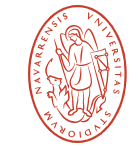
University of Navarra
-
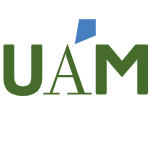
Autonomous University of Madrid
-

Polytechnic University of Catalonia
-

CEU University of San Pablo
-
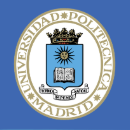
Technical University of Madrid
-

University of Lleida
-
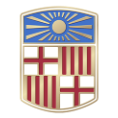
University of Barcelona
-
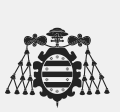
University of Oviedo
-
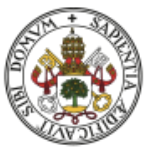
University of Valladolid
-
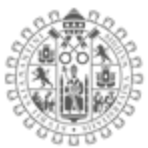
University of Salamanca
-

Mesoamerican University
-

Istmo University
-

Mariano Galvez University of Guatemala
-

Regional University of Guatemala
-

Galileo University
-

Francisco Marroquín University
-

Rafael Landívar University
-

University of the Valley of Guatemala
-

University of San Carlos of Guatemala
-

Technological Institute of Tlaxcala Plateau
-

Golfo University
-

Technological University of South Sonora
-

Technological University of Huejotzingo
-

Tizimín Institute of Technology
-

Chilpancingo Institute of Technology

